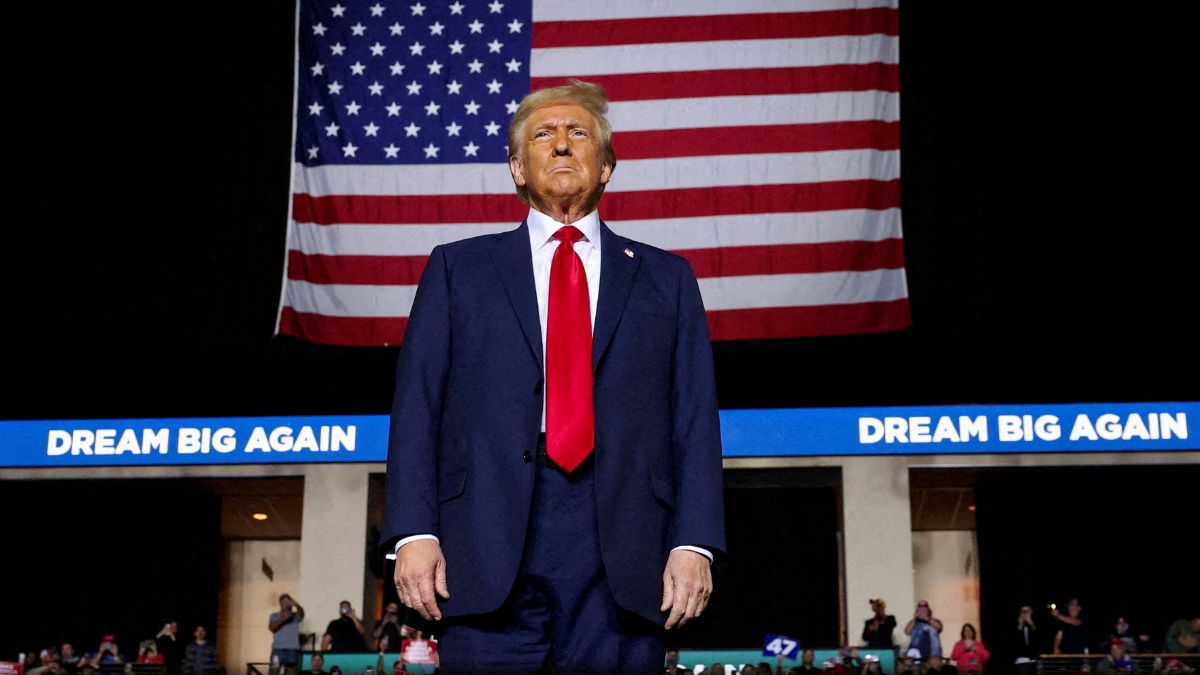US President-elect Donald Trump’s promised tariffs are expected to make affordable cars more expensive for US customers.
Shortly after winning the election, Trump pledged to impose 25 per cent tariffs on imports from Mexico and Canada for their failure to stop the flow of drugs and illegal immigrants into the United States from their territories. He also pledged to impose 10 per cent tariffs on imports from China on top of existing levies.
In recent decades, Mexico has become a hub of automobile manufacturing, particularly affordable models. Most of the cars made in Mexico, including in the affordable car segment, are shipped to be sold in the United States.
As tariffs on imports from Mexico would increase the selling price of these cars, the manufacturers and dealers would pass on the costs to customers, meaning the average American would have to pay more than what they would pay now.
The forecast for affordable cars is in line with forecast for American households in general. If Trump follows through on tariff pledges made on the election trail, an American family would spend $2,600 more a year , according to an analysis by Peterson Institute of International Economics (PIIE).
Automakers & customers to suffer from Trump’s tariffs
Trump’s tariffs are going to affect both automakers and costumers.
In Mexico, more than 20 automakers manufacture around 4 million vehicles a year and ship 70 per cent of these vehicles to the United States for sale, according to figures from the Mexican Association of the Automotive Industry (MAAI) carried by Wall Street Journal.
Impact Shorts
More ShortsAmong the critical segment of affordable cars under $30,000, around one-third are made in Mexico, including popular models like Nissan Sentra and Ford Maverick, according to an analysis by car-shopping website Edmunds carried by Journal.
A Wolfe Research estimate cited by the newspaper said that Trump’s tariffs could increase the average cost of a car in the United States by up to $3,000.
The automobile sector, which is already reeling globally from the impact of Chinese dumping of artificially-discounted vehicles, is bracing for Trump in more ways than one. Trump has indicated that he would cut incentives for electronic vehicles (EVs) as he does not believe in the EV’s promise from climate’s perspective.
An S&P Global report carried by the newspaper said that European and American automakers could lose up to 17 per cent of combined annual core profits if Trump imposes tariffs on Europe, Mexico, and Canada.
For EV-makers already operating on “razor-thin margins”, scenario planning is in “hyper mode”.
“Add to this supply-chain uncertainties and labor shortages and it’s clear that many suppliers are in dire straits. The scenario planning is in hyper mode,” said Felix Stellmaszek of Boston Consulting Group to Reuters.
Steven Center, head of Kia’s US operations, told Journal that “everyone’s got a pretty big case of anxiety”.
“Everyone’s got a pretty big case of anxiety here. In two words: Please don’t. Punch me in the arm. Smack me in the head. But please don’t put a tariff on,” said Center.
Why automakers prefer Mexico
Automakers prefer Mexico because of low costs and easy access to the US market.
In Mexico, wages at automobile plants range on an average from $3.50 to $4.30 per hour, said Ernesto Bravo, the head of western division of Tecma Group to Journal.
For comparison, the wages in the United States are around $33 per hour.
This means that labour costs in Mexico are down manyfold in Mexico.
The lower labour costs coupled with availability of large tracts of land to build facilities led to Mexico becoming a hub of cheaper cars which would not be affordable if made in a country like the United States with higher costs.
Trump believes that his tariffs would force manufacturers to shift base to the United States that would result in more blue collar jobs. As Trump’s main voter base comprises of White people without college education, the promise to bring blue collar manufacturing jobs has been critical in the outreach to this segment.
)